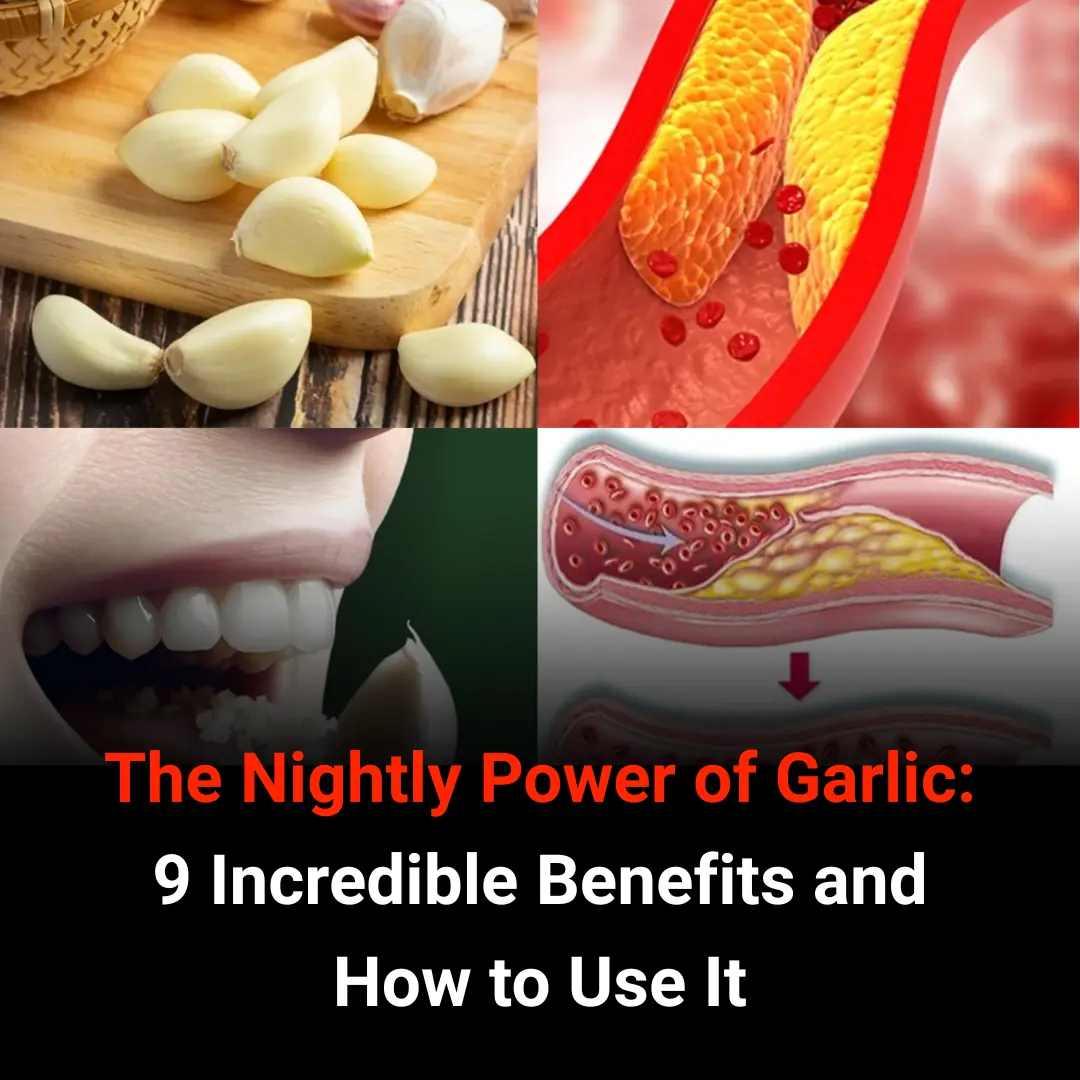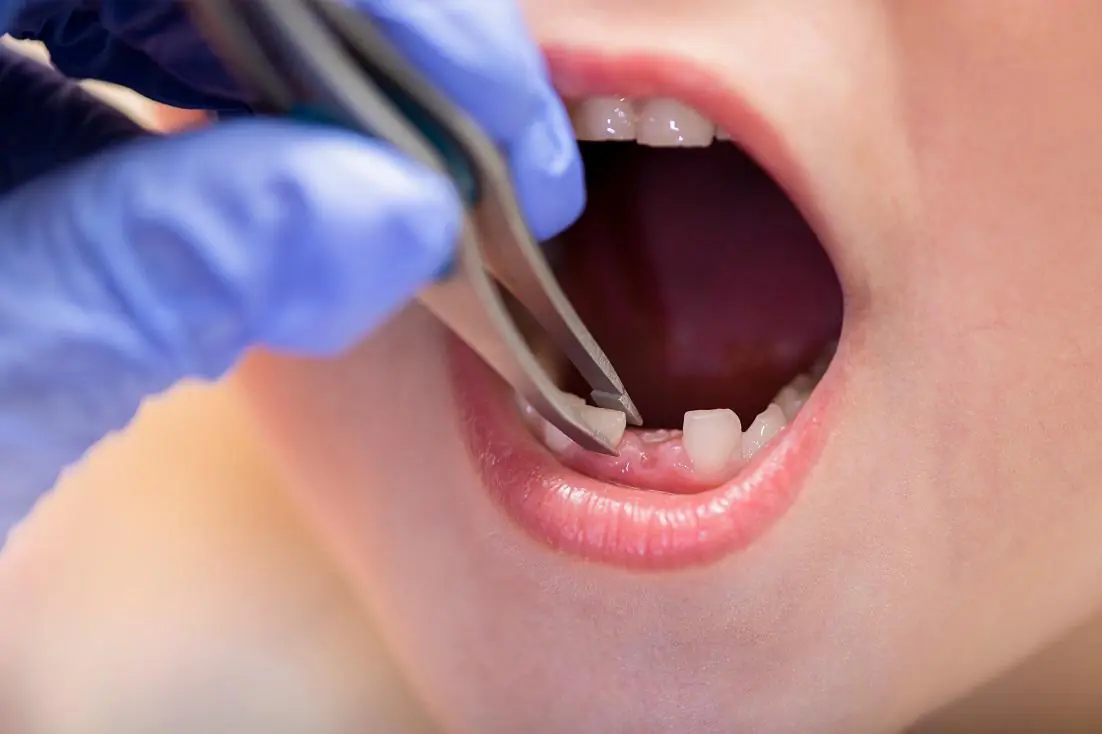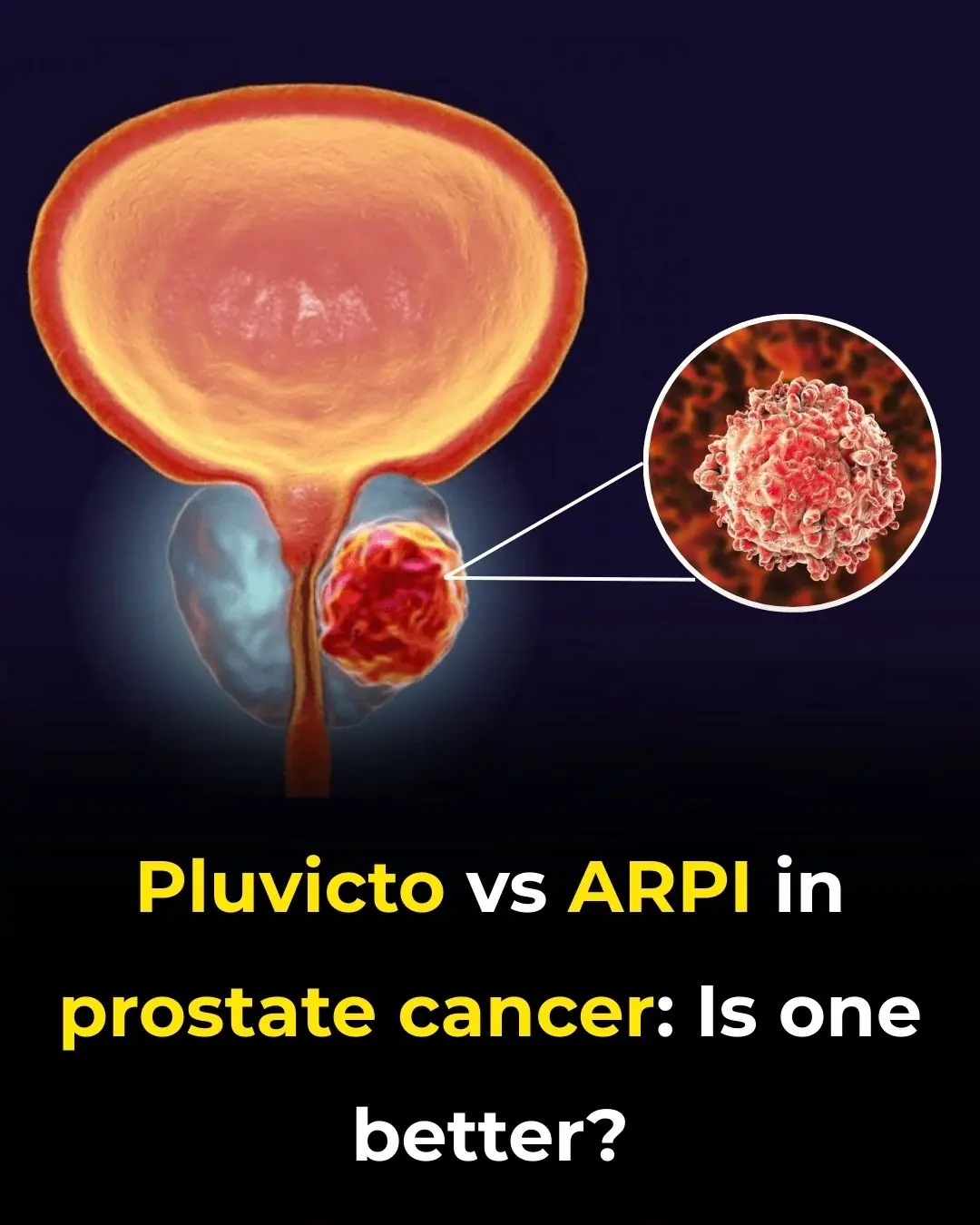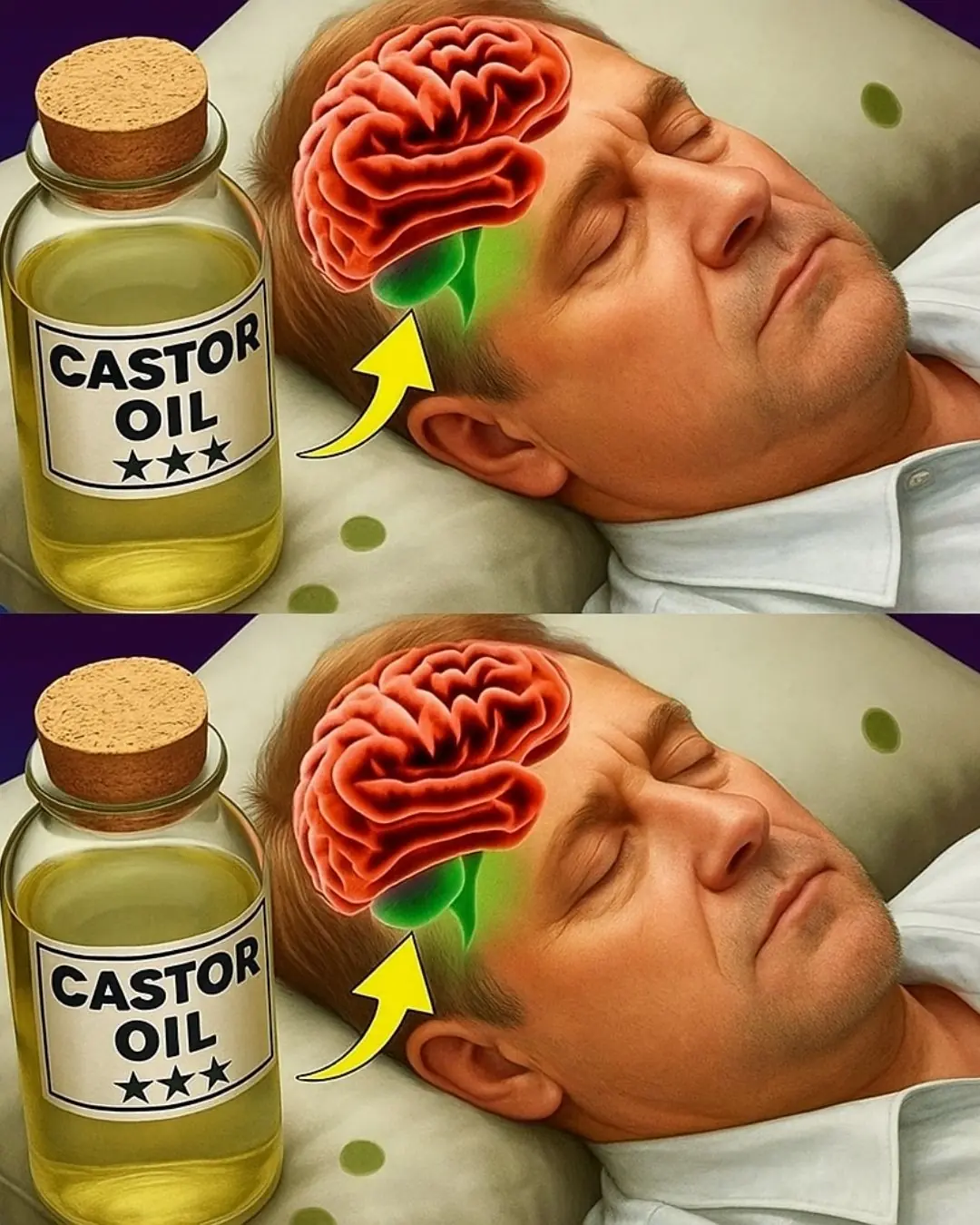
82-Year-Old Woman Reverses Dementia Symptoms with Mediterranean Diet

Dementia is a progressive neurological condition that affects millions of people around the globe, often leading to memory loss, confusion, and a decline in cognitive abilities. While it is commonly seen as irreversible, the inspiring story of 82-year-old Sylvia Hatzer from the UK sheds light on the incredible potential of lifestyle changes in managing and even reversing some of the symptoms of this challenging disease.
Sylvia’s journey began in 2015 when her memory started to decline noticeably. By December 2016, she received a devastating diagnosis: Alzheimer’s disease, the most common form of dementia. Her condition worsened quickly—culminating in a deeply emotional moment when she failed to recognize her own son, Mark. Heartbroken but determined not to give up, Mark decided to explore alternative methods that might support his mother’s well-being beyond conventional medication.
A Shift in Diet: Embracing the Mediterranean Lifestyle

In his search for solutions, Mark came across research highlighting the low incidence of Alzheimer’s in Mediterranean countries such as Greece, Italy, and Spain. Many experts attributed this to the traditional Mediterranean diet, which emphasizes natural, unprocessed foods and healthy fats.
Mark introduced Sylvia to a diet rich in plant-based foods—fruits, vegetables, whole grains, legumes, and nuts—alongside moderate amounts of oily fish and dairy products. Red meat, processed sugars, and saturated fats were significantly reduced. Foods like blueberries, strawberries, Brazil nuts, and walnuts became staples in Sylvia’s daily meals, all of which are known for their brain-boosting properties due to high levels of antioxidants and omega-3 fatty acids.
Scientific Support for the Mediterranean Diet
Sylvia’s dietary transformation was not just anecdotal—it was supported by a growing body of scientific evidence. A 2013 systematic review concluded that greater adherence to the Mediterranean diet is associated with slower cognitive decline and a reduced risk of developing Alzheimer’s. A similar 2016 review echoed these findings, linking the diet to better cognitive performance and a decreased risk of neurodegenerative diseases.
Researchers believe the diet’s anti-inflammatory and antioxidant properties help protect the brain from damage over time. Furthermore, the emphasis on whole foods and reduced intake of processed ingredients supports overall cardiovascular health, which is closely connected to brain function.
Mental and Physical Engagement: A Holistic Approach
However, Sylvia’s remarkable progress wasn’t solely the result of dietary changes. Her recovery involved a holistic approach that included regular mental and physical stimulation. Mark encouraged her to complete crossword puzzles, jigsaw puzzles, and engage in social activities that kept her mentally active and emotionally connected.
To support her physical health, Mark also provided Sylvia with a pedal exerciser, which allowed her to move her legs while sitting comfortably. This gentle form of exercise helped boost her circulation, energy levels, and overall sense of well-being—all of which contribute to brain health.
A Remarkable Turnaround
Over time, the results were nothing short of astonishing. Sylvia gradually began to regain her memory and cognitive abilities. She started remembering birthdays, participating in conversations, and even speaking at events to share her story. Her transformation offers hope to thousands of families affected by dementia, showing that with the right support, improvements are possible—even after a dire diagnosis.
Mark later said, “We decided to try everything we could, and seeing my mum come back to me was the most incredible feeling in the world.”
A Message of Hope

Sylvia Hatzer’s story is more than just an inspiring tale—it’s a powerful reminder of the body and brain’s capacity to respond to positive changes. While not every case of dementia will respond in the same way, her experience underscores the potential of lifestyle interventions, particularly dietary choices and mental stimulation, in managing the progression of dementia.
Doctors and researchers continue to study these approaches, and many now recommend incorporating the Mediterranean diet and cognitive exercises as part of a comprehensive plan for brain health, especially for those at risk of cognitive decline.
In the face of a disease that often feels hopeless, Sylvia's journey shines as a beacon of possibility. Her story encourages others to explore lifestyle-based strategies and to never underestimate the power of determination, family support, and everyday choices in the journey toward better health.
News in the same category


An Onion Drink for Eye Health: A Holistic Approach

A Pill to Regrow Your Teeth? The Future of Dentistry is Here

6 Health Benefits of Eating One Cup of Pineapple Every Day

The Real Consequences of Sleeping With…

Tibremciclib for Advanced Breast Cancer: Is It Worth It?

Pluvicto vs ARPI in Prostate Cancer: Is One Better?

Does Chest Pain Always Mean a Heart Attack?

10 Tasty Snacks Packed With Good-for-You Carbs

Drink this before bed to balance blood sugar & stop nighttime bathroom trips!

This vegetable oil linked to “aggressive” tumour growth, study finds

8 Natural Remedies to Cure Sinus Infections Without Antibiotics

The Best Hair Growth Vitamins and Supplements to Fight Hair Loss

Foods to Eat if You Need to Poop – The Best Natural Laxatives to Relieve Constipation

The 4 vitamins this 87-year-old woman takes to stay aging (and you can too)

6 Powerful Castor Oil Benefits for Your Health and Wellness

The Possible Benefits of Himalayan Salt Lamp

The Most Effective Ways to Get Rid of Bumps on Inner Thigh (Backed by Science)

A 23-year-old young man develops "head-drop syndrome" due to a habit that everyone thinks is h@rmless.
News Post

The Nightly Power of Garlic: 9 Incredible Benefits and How to Use It

An Onion Drink for Eye Health: A Holistic Approach

A Pill to Regrow Your Teeth? The Future of Dentistry is Here

6 Health Benefits of Eating One Cup of Pineapple Every Day

4 Common Traits of Adults Who Grew Up Without Love

The Real Consequences of Sleeping With…

Tibremciclib for Advanced Breast Cancer: Is It Worth It?

Pluvicto vs ARPI in Prostate Cancer: Is One Better?

Does Chest Pain Always Mean a Heart Attack?

10 Tasty Snacks Packed With Good-for-You Carbs

Pokeweed: The Attractive but Highly Toxic Plant Growing in Your Backyard

Goosegrass: Health Benefits and Uses

The Powerful Health Benefits of Lipton, Cloves, and Ginger Tea Every Woman Should Know

Drink this before bed to balance blood sugar & stop nighttime bathroom trips!

This vegetable oil linked to “aggressive” tumour growth, study finds

The Miracle Tree: 16 Health Benefits of Moringa & How to Use It

Clove Collagen Gel : Night Gel For A Smooth & Tight Skin

Transform your skin with fenugreek seeds
